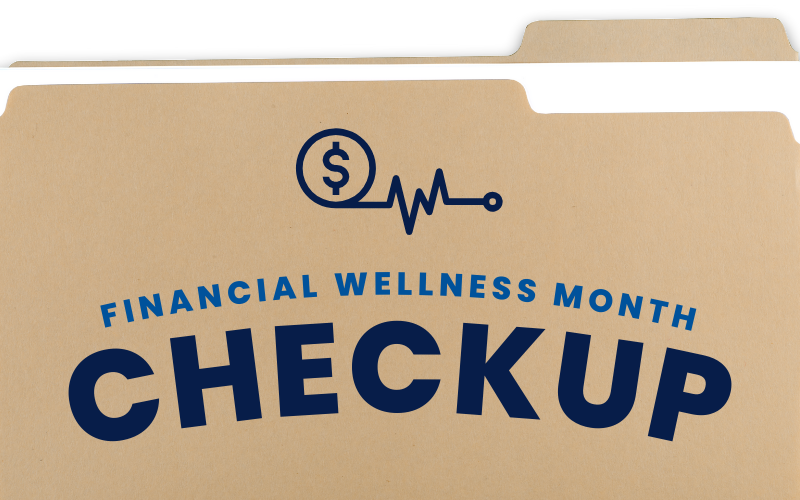
4 Tips for Financial Wellness Month
January isn’t just about New Year’s resolutions.
It’s also National Financial Wellness Month (an equally important holiday, if you ask us). To celebrate, we’re sharing four practical ways to get the most out of your money, save consistently, and plan for the future.
#1: Stay Alert With Smart Account Monitoring
Make monitoring your finances a habit that puts you in control. Check your account balances daily to keep track of trends and potential discrepancies, review your credit score monthly, and set up automatic alerts for unusual activity.
Remember, fraudsters often test accounts with small transactions first, so even minor inconsistencies deserve your attention. By staying alert, you’re helping to safeguard your money now and in the future.
#2: Start Small With Savings
You know the phrase “Every dollar counts”? It's true. The most successful savers aren’t necessarily those who make huge deposits—they're the ones who save consistently. Whether it’s $15 from each paycheck or setting aside what you might have spent on a coffee or snack once a week, regular contributions can help build financial stability over time.
Consider that $15 example. Let’s say you get paid weekly. If you allocate $15 to savings, that’s $780 a year. Set up automatic transfers that coincide with payday to make the process simple.
#3: Create a Realistic Budget
Instead of making drastic (read: unsustainable) changes, start by tracking your spending for two weeks. Look for small adjustments you can make without feeling deprived. For example, reducing takeout by one meal a week or cancelling unused subscriptions can free up money for savings or debt repayment.
Tip: Use the 50/30/20 rule as a starting point. 50% for needs, 30% for wants, and 20% for savings or debt repayment.
#4: Review and Update Financial Goals Regularly
Set aside 20 minutes each month to check in on your progress. Are your automatic savings working as planned? Has your income changed? Use these pulse-checks to adjust your strategy and note any gaps in your plan.
And just as importantly, celebrate your progress. Even small improvements in your savings or credit score are steps toward long-term financial wellness.
Looking for more financial wellness tips and tools? Check out our Online Resources!
